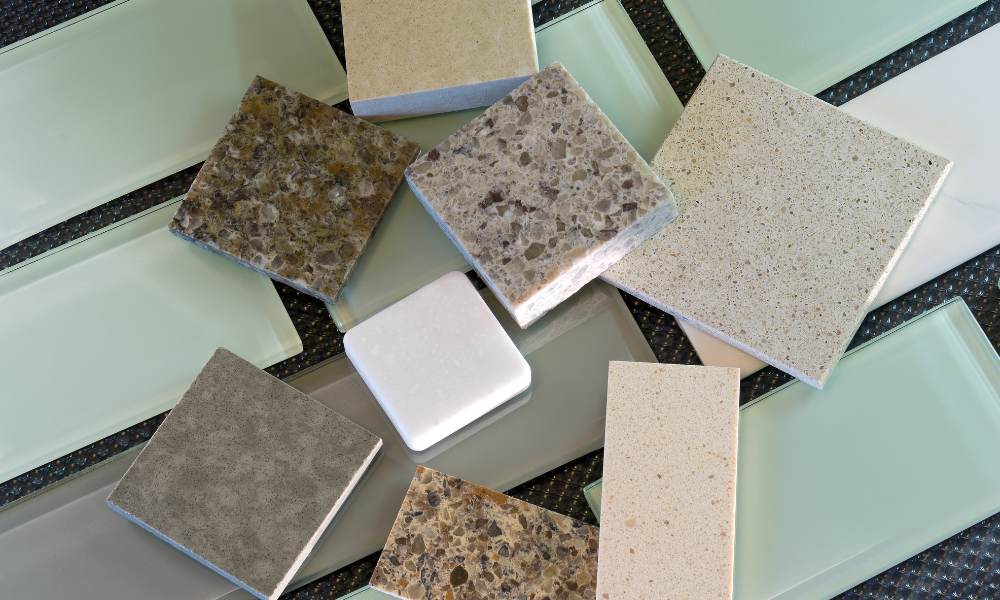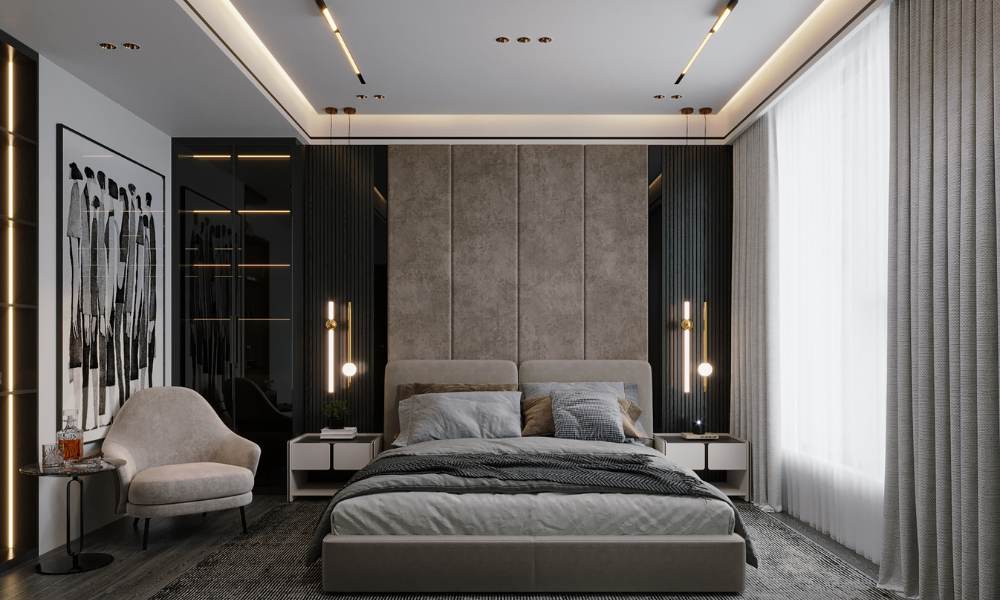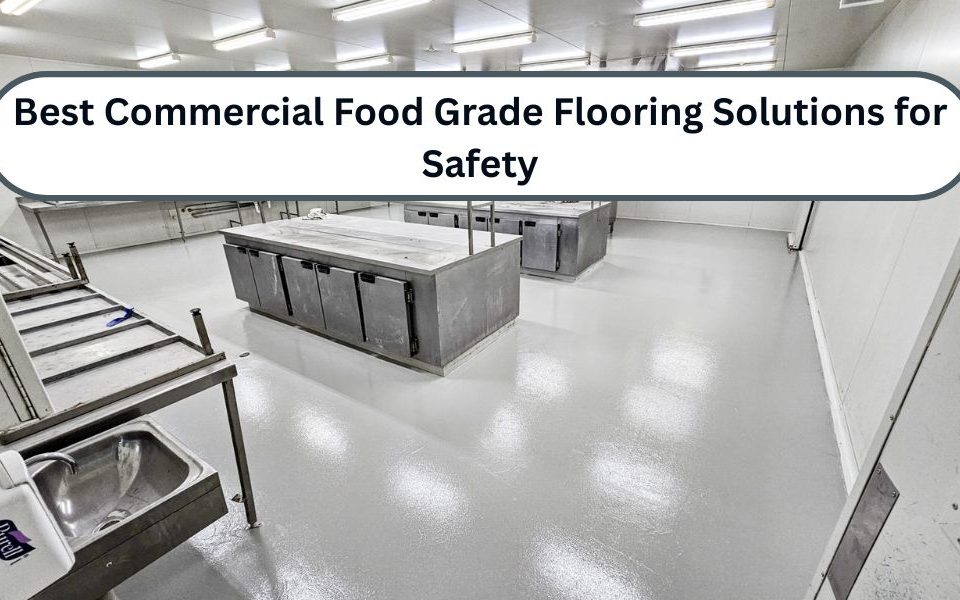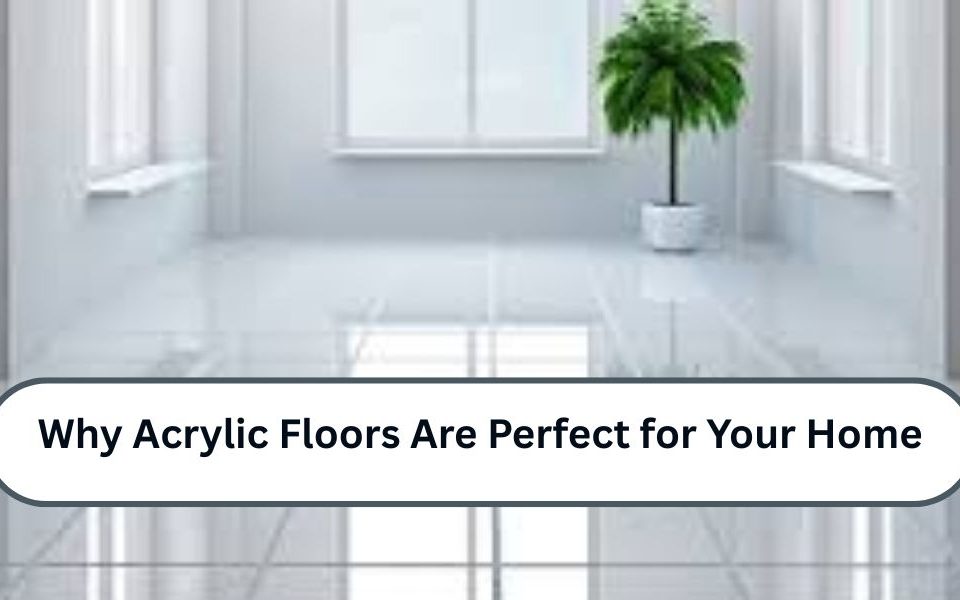
Can Epoxy Floors Be Repaired? Things To Know
July 10, 2024
Quartz Flooring Installation: What You Need to Know Before You Start
August 14, 2024In the world of interior design and architecture, flooring plays a crucial role in defining the aesthetic and functional qualities of a space. Among the various flooring options available, quartz aggregate flooring stands out as a stylish and durable solution, particularly suited for modern spaces. This type of flooring offers a unique combination of beauty, strength, and versatility, making it an ideal choice for both residential and commercial applications. In this blog, we’ll explore what quartz aggregate is, the concept of quartz aggregate flooring, the different types available, and some common questions surrounding its use.
What is Quartz Aggregate & How It is composed ?
Quartz aggregate is a material composed of small pieces of quartz, a natural mineral that is highly prized for its durability, hardness, and resistance to weathering. Quartz is one of the most abundant minerals in the Earth’s crust and is composed of silicon dioxide (SiO2). It is known for its glass-like appearance, which can range from transparent to opaque, and its ability to reflect light, giving it a distinctive sparkle.
In the context of flooring, quartz aggregate refers to the small granules or crushed pieces of quartz that are mixed with a binding material, such as resin or cement, to create a solid surface. These aggregates are available in various sizes, colors, and finishes, allowing for a high degree of customization in flooring design. The use of quartz aggregate in flooring not only enhances the visual appeal of the surface but also contributes to its durability and resistance to wear and tear.
What is Quartz Aggregate Flooring?
Quartz aggregate flooring is a type of flooring system that incorporates quartz aggregates into its composition. These aggregates are embedded within a binder, typically epoxy or polyurethane, to create a seamless, non-porous, and highly durable surface. The result is a floor that is not only visually striking but also exceptionally resilient, capable of withstanding heavy traffic, impacts, and abrasions.
Quartz aggregate flooring is particularly popular in environments where both aesthetics and performance are paramount. This includes commercial spaces like offices, retail stores, restaurants, and hotels, as well as residential areas such as kitchens, bathrooms, and living rooms. The versatility of quartz aggregate flooring makes it suitable for both indoor and outdoor applications.
What are the Different Types of Quartz Aggregate Flooring?
Quartz aggregate flooring comes in several different types, each with its own unique characteristics and advantages. The choice of flooring type depends on the specific needs of the space, as well as the desired aesthetic effect. Here are some of the most common types of quartz aggregate flooring:
- Epoxy Quartz Flooring:
Epoxy quartz flooring is created by mixing quartz aggregates with an epoxy resin binder. This type of flooring is known for its seamless finish, chemical resistance, and high durability. It is often used in commercial and industrial settings where hygiene and resistance to harsh chemicals are important. The quartz aggregates in epoxy flooring can be colored to create a wide range of design options, from subtle, natural tones to vibrant, eye-catching patterns.
- Polyurethane Quartz Flooring:
Similar to epoxy quartz flooring, polyurethane quartz flooring uses a polyurethane binder instead of epoxy. Polyurethane is more flexible than epoxy, making it a better choice for areas with temperature fluctuations or where the floor may need to accommodate slight movements. This type of flooring is also highly resistant to UV light, making it suitable for outdoor applications.
- Quartz Carpet Flooring:
Quartz carpet flooring is a decorative flooring option that combines quartz aggregates with a binding resin. The aggregates are spread over a prepared surface and then bound together with the resin, creating a textured, slip-resistant surface. Quartz carpet flooring is often used in high-end residential and commercial spaces where a unique, luxurious appearance is desired.
- Quartz Vinyl Flooring:
Quartz vinyl flooring incorporates quartz aggregates into vinyl tiles or sheets. This type of flooring is known for its ease of installation and maintenance, as well as its cost-effectiveness. Quartz vinyl flooring is available in a variety of patterns and colors, making it a versatile choice for both residential and commercial settings.
- Self-Leveling Quartz Flooring:
Self-leveling quartz flooring involves the application of a self-leveling epoxy or polyurethane resin mixed with quartz aggregates. This type of flooring is ideal for spaces where a perfectly smooth and level surface is required, such as laboratories, hospitals, and clean rooms. The self-leveling nature of the resin ensures a flawless finish, with the quartz aggregates adding durability and aesthetic appeal.
Can Quartz Stone be Used for Flooring?
Yes, quartz stone can be used for flooring, and it is highly valued for its durability, resistance to stains, and low maintenance requirements. Quartz stone flooring is typically made from engineered quartz, which consists of natural quartz aggregates combined with resin binders and pigments. This engineered material is then cut into tiles or slabs, which can be used to create stunning floors.
Quartz stone flooring is a popular choice for both residential and commercial spaces due to its wide range of color options, consistency in appearance, and ability to mimic the look of natural stone. Additionally, quartz stone is non-porous, which means it is resistant to moisture, stains, and bacteria, making it ideal for kitchens, bathrooms, and other areas where hygiene is a priority.
How Thick is a Quartz Floor?
The thickness of a quartz floor can vary depending on the type of flooring system used and the specific application. Generally, quartz flooring systems range from 2mm to 10mm in thickness. For example:
- Epoxy Quartz Flooring: Typically ranges from 2mm to 5mm in thickness. The thickness may be increased for areas with higher traffic or where additional durability is required.
- Quartz Carpet Flooring: Usually ranges from 3mm to 8mm in thickness, depending on the size of the quartz aggregates and the desired texture.
- Quartz Stone Tiles: Engineered quartz tiles for flooring are typically 10mm to 20mm thick.
For a quartz floor to be effective, long-lasting, and resistant to wear and high loads, it must be thick enough. Greater strength and impact resistance are often provided by thicker flooring, which makes them appropriate for high-traffic areas.
Is Quartz Stronger than Concrete?
When it comes to strength, quartz is indeed stronger than concrete in several key aspects. Quartz is one of the hardest minerals on Earth, with a Mohs hardness rating of 7, compared to concrete, which typically has a hardness rating of around 4 to 5 on the Mohs scale. This means that quartz is more resistant to scratches and abrasions than concrete.
In terms of compressive strength, which measures the material’s ability to withstand loads without breaking, engineered quartz (used in flooring) also tends to outperform concrete. While concrete has a compressive strength of approximately 20 to 40 MPa (megapascals), engineered quartz can have a compressive strength of up to 150 MPa or more.
Furthermore, quartz is non-porous and resistant to staining, unlike concrete, which is porous and can absorb liquids if not properly sealed. This makes quartz a superior choice for areas where cleanliness, durability, and longevity are essential.
Conclusion – Quartz Aggregate Flooring
Quartz aggregate flooring is a stylish and durable solution for modern spaces, offering a unique combination of beauty, strength, and versatility. Whether you’re considering epoxy quartz flooring for its seamless finish, quartz carpet for its luxurious texture, or quartz stone for its natural elegance, this flooring option provides a resilient and visually striking surface that can withstand the demands of both residential and commercial environments. With various types of quartz aggregate flooring available, you can find the perfect match for your design preferences and practical needs, ensuring a long-lasting and aesthetically pleasing result.
Maui Epoxy Solutions offers top epoxy flooring services at Maui, Hawaii. Experience the unmatched durability and elegance of quartz aggregate flooring in Maui, Hawaii, expertly installed by our team. From residential to commercial spaces, we transform floors with style and function!




